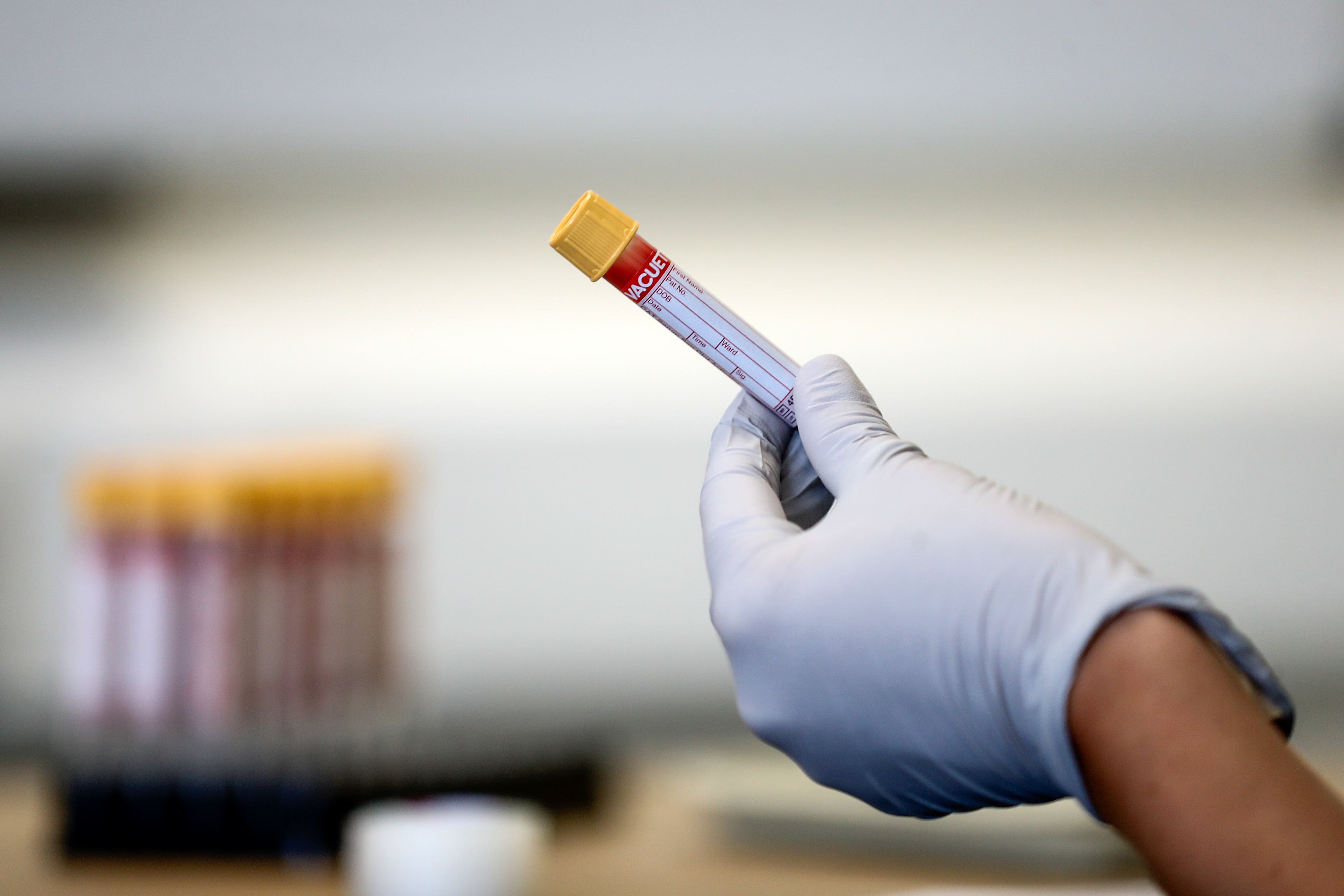‘More than 750,000 people’ in UK have had long Covid at least two years
1.3 million people are likely to have had symptoms for 12 months or more.

Your support helps us to tell the story
From reproductive rights to climate change to Big Tech, The Independent is on the ground when the story is developing. Whether it's investigating the financials of Elon Musk's pro-Trump PAC or producing our latest documentary, 'The A Word', which shines a light on the American women fighting for reproductive rights, we know how important it is to parse out the facts from the messaging.
At such a critical moment in US history, we need reporters on the ground. Your donation allows us to keep sending journalists to speak to both sides of the story.
The Independent is trusted by Americans across the entire political spectrum. And unlike many other quality news outlets, we choose not to lock Americans out of our reporting and analysis with paywalls. We believe quality journalism should be available to everyone, paid for by those who can afford it.
Your support makes all the difference.More than three-quarters of a million people in the UK with long Covid are likely to have first had the virus at least two years ago, new figures suggest.
Some 1.9 million people across the country are currently estimated to be suffering from long Covid, or 2.9% of the population.
This includes 762,000 who first had Covid-19, or suspected they had the virus, at least 24 months previously.
The figure is up from 689,000 at the start of January and 514,000 in September 2022.
The latest estimates have been published by the Office for National Statistics (ONS) and are based on self-reported long Covid from a representative sample of people in private households across the UK in the four weeks to March 5.
They also show that 1.3 million people are likely to have long Covid for a least a year, up from 1.2 million in January.
The overall number of people with long Covid looks to be on a slight downwards trend, falling from 2.3 million in September to 2.0 million in January, before dipping again to 1.9 million by early March.
But a growing proportion of this total is made up of people who have had symptoms for a long period.
Some 41% of the current total first had symptoms at least two years ago, compared with 35% in January and 22% in September.
The prevalence of long Covid continues to vary among age groups, with an estimated 4.5% of 50-69 year-olds likely to have symptoms, compared with 4.2% of 35 to 49-year-olds, 2.6% of both 25-34 year-olds and people aged 70 and over, and 1.5% of 17-24 year-olds.
People working in social care reported the highest prevalence of long Covid among employment groups (5.3%), followed by health care employees (4.4%) and civil servants and local government staff (4.2%).
Levels were lower among occupations such as financial services (2.4%) and hospitality (2.5%).
Long Covid is likely to be adversely affecting the day-to-day activities of 1.5 million people – 79% of those with self-reported long Covid – with 381,000 saying their ability to undertake day-to-day activities has been “limited a lot”, the ONS said.
Fatigue is the most common symptom (experienced by 72% of those with long Covid), followed by difficulty concentrating (51%), muscle ache (49%) and shortness of breath (48%).
There is no standard measure for long Covid, with the ONS using a definition based on symptoms that have persisted for more than four weeks after a first suspected coronavirus infection, where the symptoms could not be explained by something else.